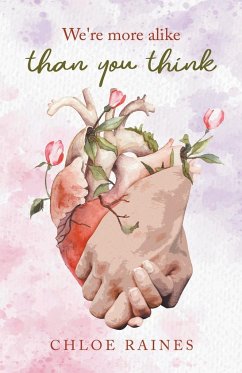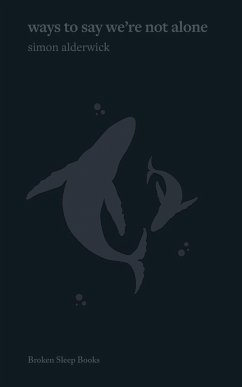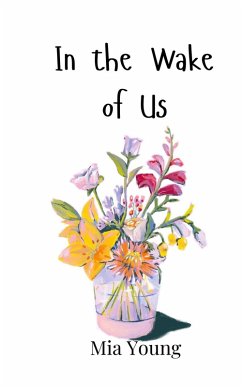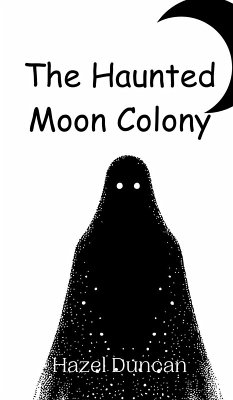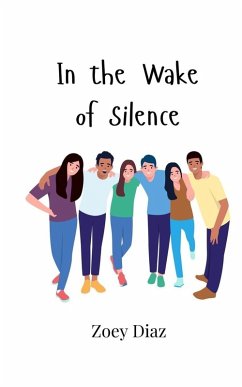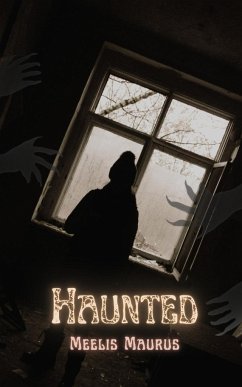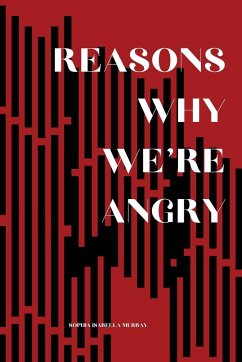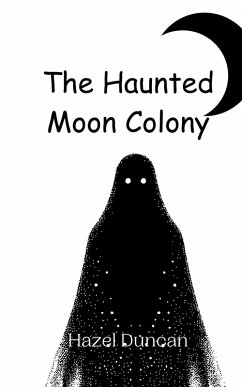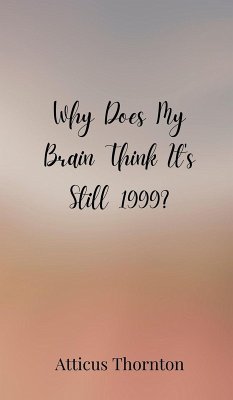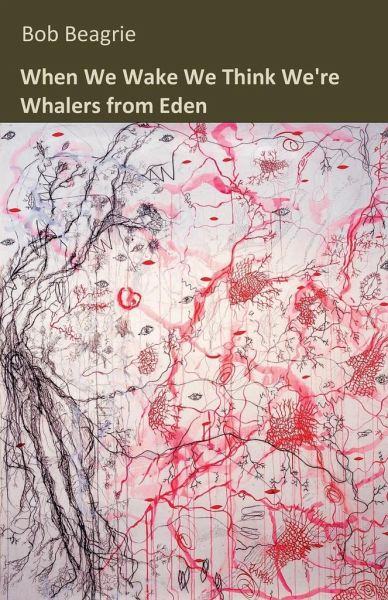
When We Wake We Think We're Whalers from Eden
Versandkostenfrei!
Versandfertig in 1-2 Wochen
10,99 €
inkl. MwSt.

PAYBACK Punkte
5 °P sammeln!
Poetry about the sudden, drastic changes wrought across the country due to Covid and lockdowns: British, but universal. "You will weep.. for/what you always assumed was real.../...places, comings and goings, meetings/and encounters, the uninhibited touch of others." from 'The New Rules to Abide By' "Beagrie's latest collection is recurringly good - recurringly catch-in-the-throat good. With expert twists and turns of language and emotion, he deftly makes us explore the layers of the pandemic's impact. From the punch-in-the-gut poignancy of 'On Touch', through a wonderful complexity of prose po...
Poetry about the sudden, drastic changes wrought across the country due to Covid and lockdowns: British, but universal. "You will weep.. for/what you always assumed was real.../...places, comings and goings, meetings/and encounters, the uninhibited touch of others." from 'The New Rules to Abide By' "Beagrie's latest collection is recurringly good - recurringly catch-in-the-throat good. With expert twists and turns of language and emotion, he deftly makes us explore the layers of the pandemic's impact. From the punch-in-the-gut poignancy of 'On Touch', through a wonderful complexity of prose poems on our disturbed and disturbing times, this is a collection that will resonate long after Covid fades from our collective memory." - Char March "This collection chronicles the strange legend of the plague year - all distances, absences and grief - bursting with energetic presence, restlessly, defiantly embodied. The poems' diverse robust forms are as if each one were being tested to see if it can bear the weight of all that surreal sudden change. There is strength in such faithful truth-telling, even amid heartbreak, fracture and loss. Bob Beagrie finds words for the unsayable, to ask what will endure in our unknown future." - Linda France



